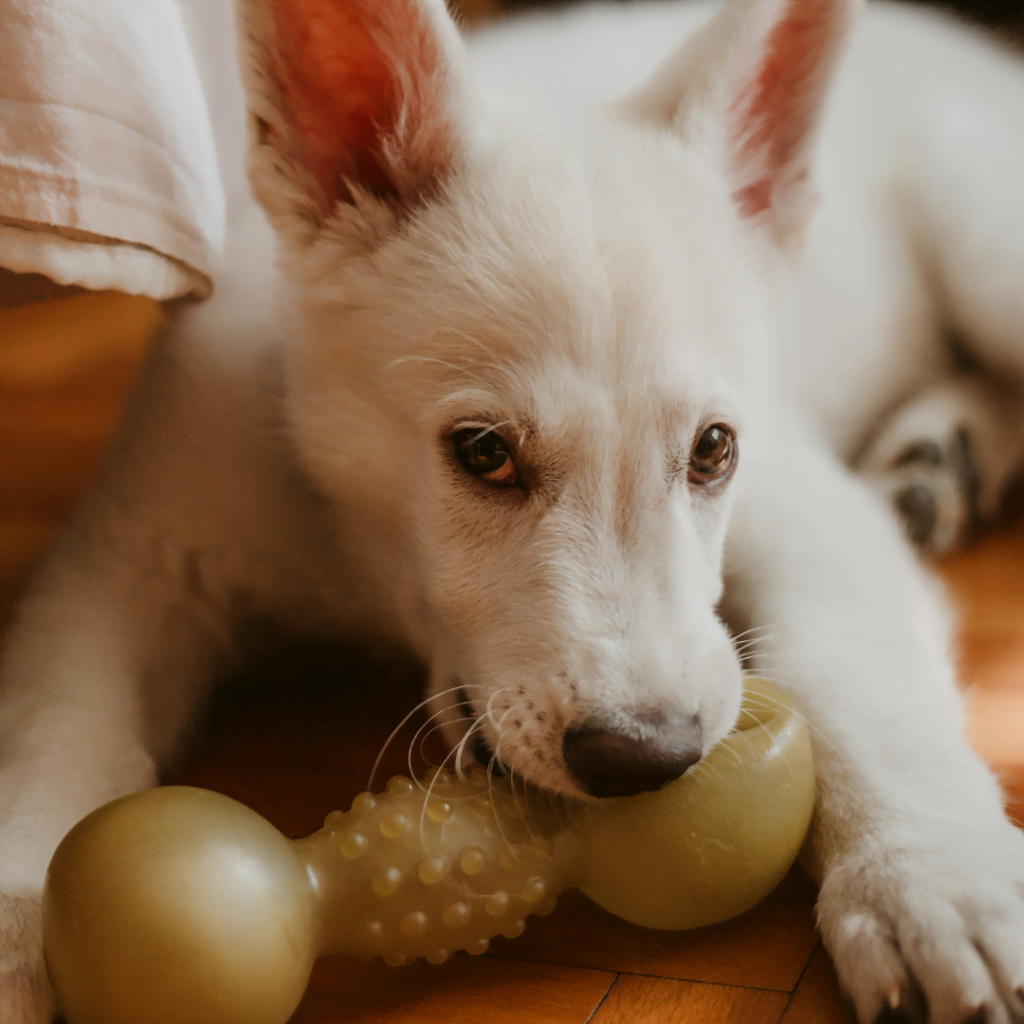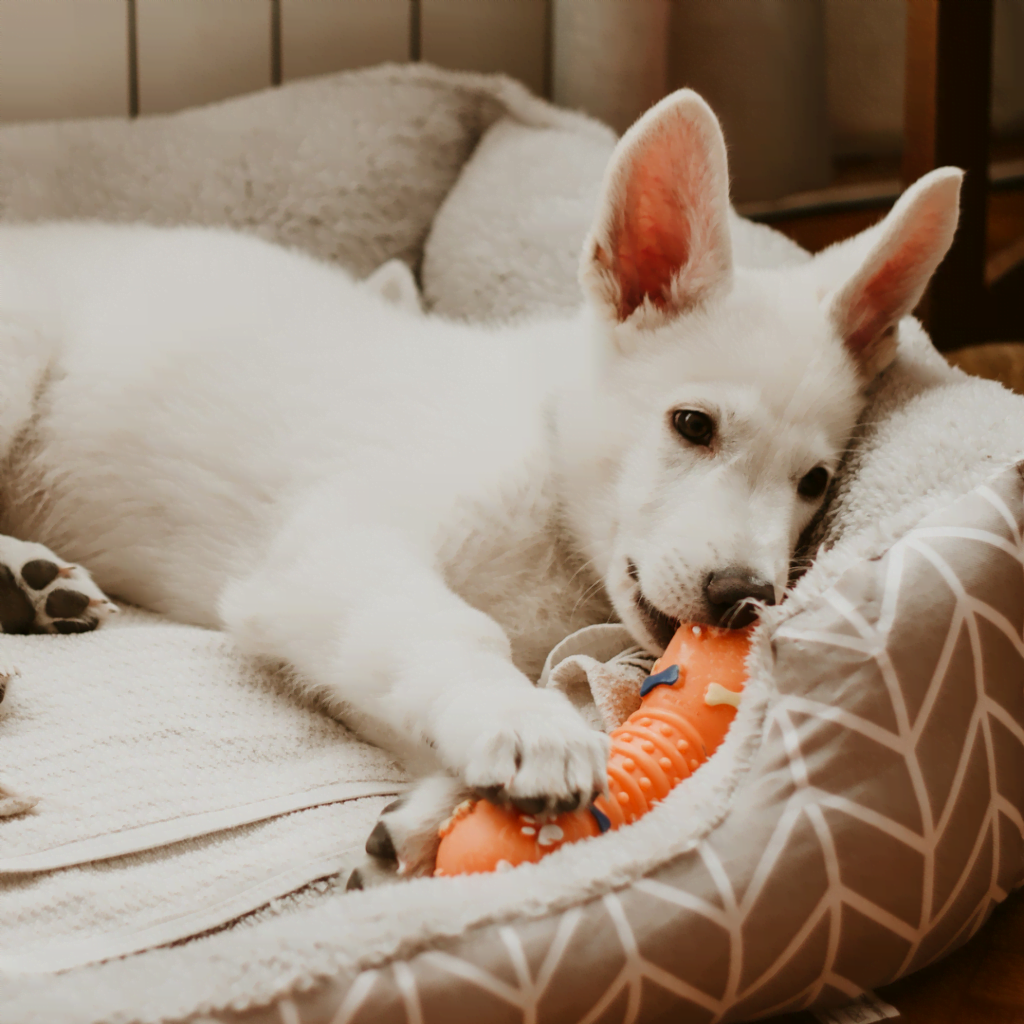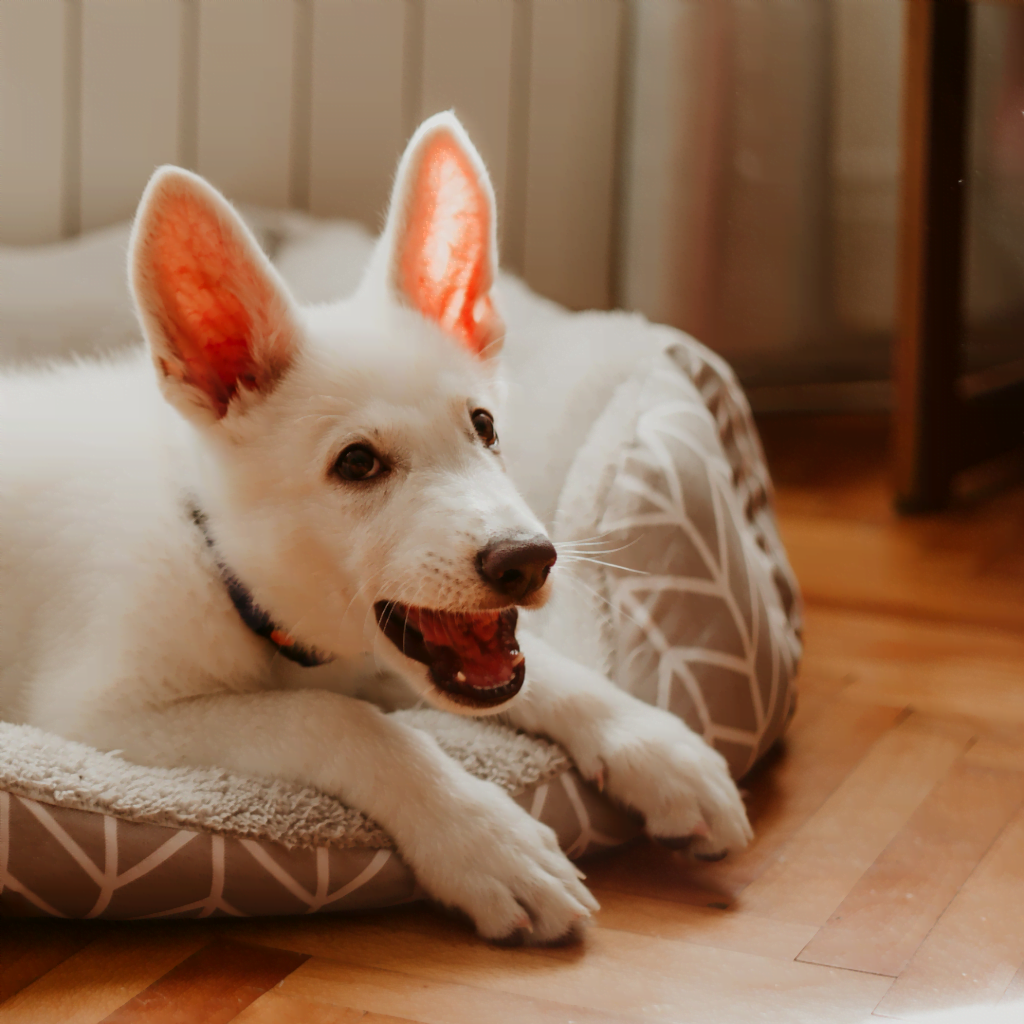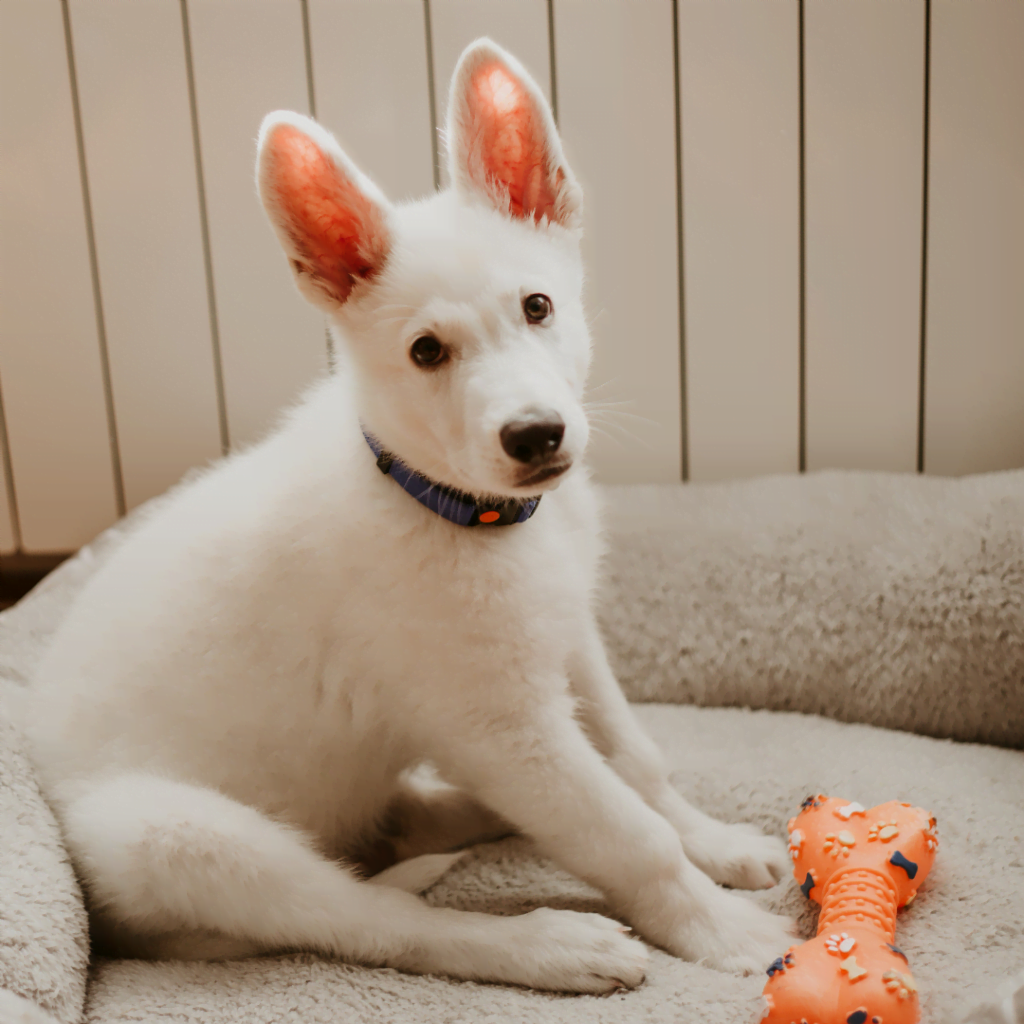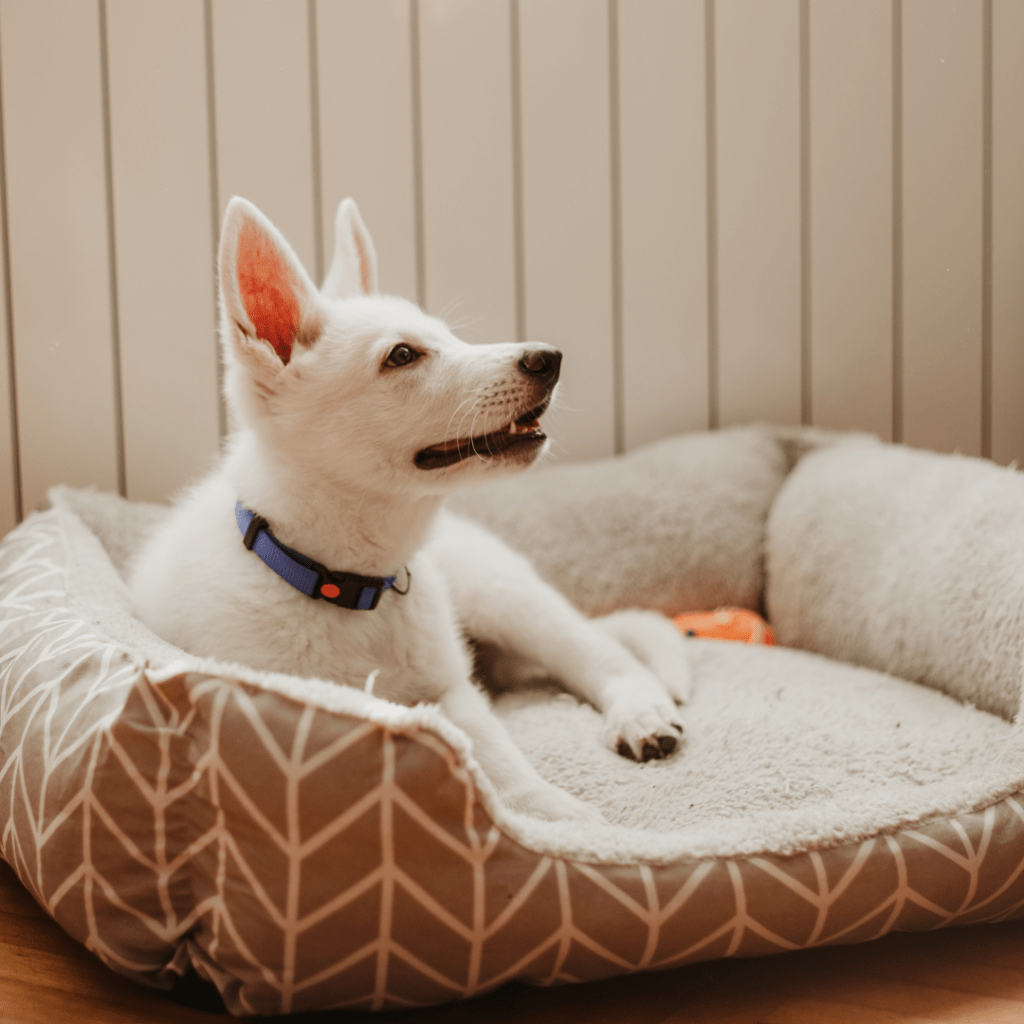Sometimes, adorable baby dogs end up at the Montreal SPCA, abandoned by their families because of a so-called undesirable behaviour: chewing.
But chewing is a natural and necessary part of a puppy’s development!
From an early age, dogs explore the world around them using their mouths. You’ve probably noticed how a three-year-old child wants to pick everything up in their hands. Since dogs can’t do the same, they discover the world through their mouths instead.
Controlling chewing
Training a puppy to chew the right things helps channel this natural urge in a positive way.
Your new friend will try to chew just about everything within reach, including you and your family! But don’t give them the opportunity. Instead of punishing them, you can train them to direct this behaviour toward the appropriate objects.
There’s a dizzying array of puppy and dog toys that are perfect for exercising pup’s new little teeth. Go for a range of different textures and colours, let your friend safely destroy their toys and bones, and turn the whole thing into a game!
Teaching commands such as “leave” and “fetch” and encouraging play are also effective ways to guide this instinctive behaviour.
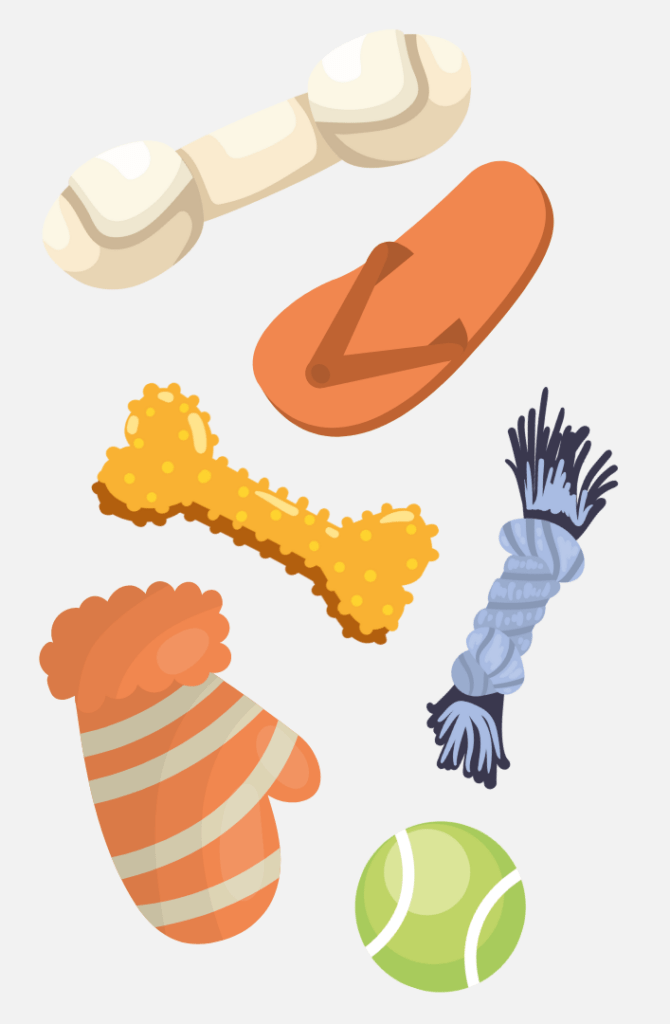
Control the environment
If you leave slippers, flip flops or children’s toys on the floor, don’t be surprised if your new friend takes the chance to discover these strange objects with their teeth!
Control the environment by leaving shoes in the closet, toques and mittens in a trunk, and children’s toys inside a playpen. This is the best way to prevent your friend from mistaking a leather bone for a leather sandal!
Control the environment
If you leave slippers, flip flops or children’s toys on the floor, don’t be surprised if your new friend takes the chance to discover these strange objects with their teeth!
Control the environment by leaving shoes in the closet, toques and mittens in a trunk, and children’s toys inside a playpen. This is the best way to prevent your friend from mistaking a leather bone for a leather sandal!
Chewing to relieve teething problems
As with human babies, teething in puppies can be uncomfortable and even painful. Chewing is also a natural mechanism puppies have for relieving this pain. By chewing on objects, they gently massage their gums, soothing the discomfort associated with the growth of their sharp little teeth.
By trying to stop this natural defense, you prevent your canine companion from carrying out an essential behaviour. That’s why, instead of repressing this behaviour, we encourage you to understand it and redirect it appropriately.
To learn more about all the best habits to adopt with your new friend, ask about puppy kindergarten courses or private sessions offered by canine behaviour consultants in your area.
